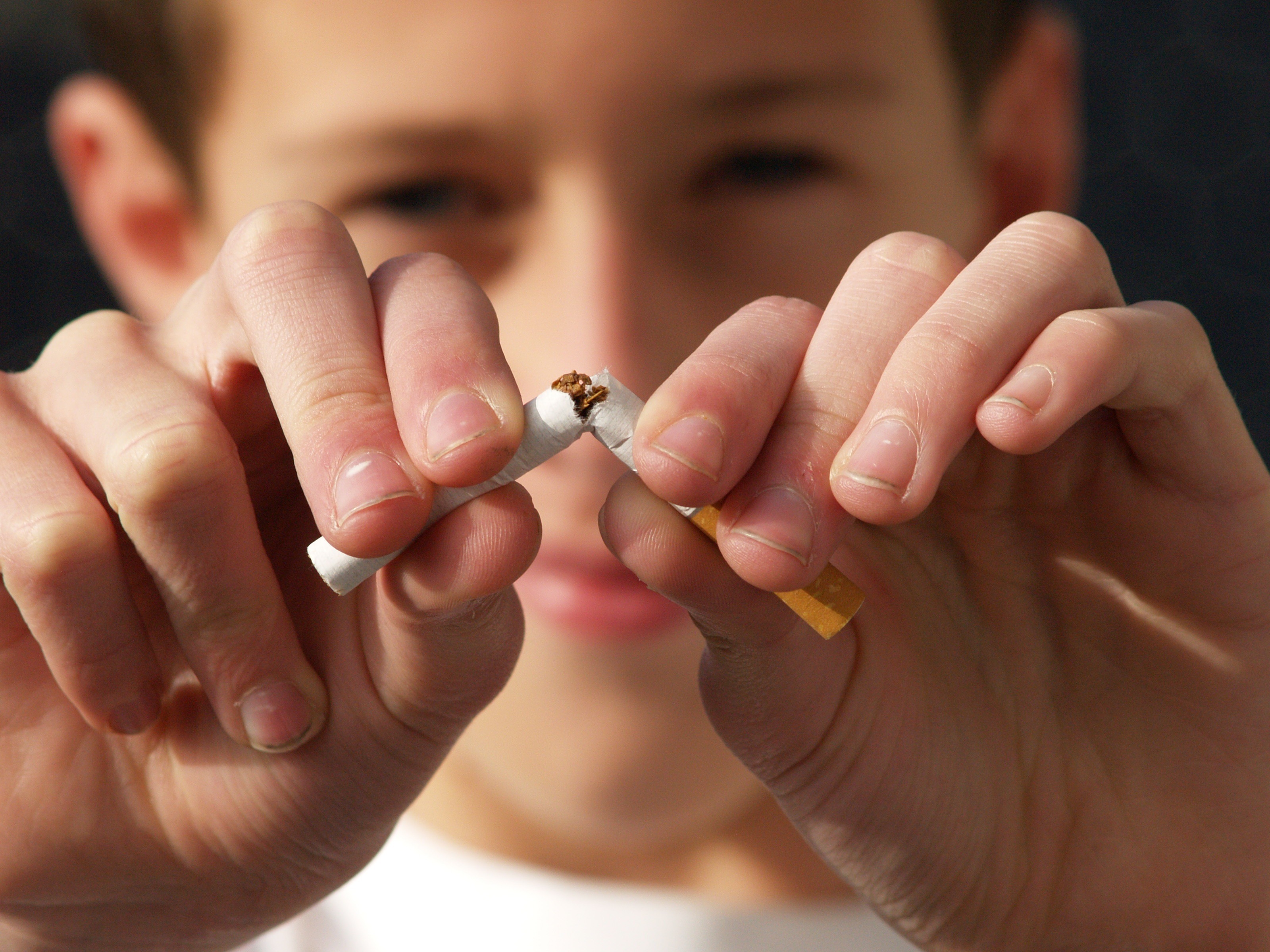“You can’t go back and change the beginning, but you can start where you are and change the ending.” ~ C.S. Lewis
Have you ever kicked your dentist in the face (intentionally or unintentionally?) Do you feel like you get a little shaky before your dental visits? Or feel like you are always jumpy in the dental chair? This post, a component of our Anti-Anxiety Dental Series, explains what is happening with your body.
Different types of anxiety
Minor signs:
- Nervousness
- Chair gripping
- Quick talking
- Lack of communication
- Feeling cold or overheated
Major signs:
- Trembling/shaking
- Crying
- Dizziness
- Chest Pains
- Hitting dentist/assistant
Not all anxiety is the same
The unique thing about dental anxiety is that everyone has very specific ways it can hijack their minds and bodies. In almost every situation though, it feels as though something is overcoming them with little or no control over it.
Is there hope?
Dental anxiety itself can seem like a large mountain to overcome, luckily I have years of experience in working with patient that have all forms of dental anxiety. In my professional opinion, there is not only hope, but using the right strategy, any procedure can be accomplished with ease and with limited or no medication.
Dr. Jeffrey E. Greenberg DMD
—
To view the video series, visit us:
Facebook: @sweetspotdental
Instagram: @hellosweetspotdental
To see how Dr. Greenberg and his team can help you click here




 Chewing and smoking tobacco are known to cause severe health problems, particularly in the lungs. But the risks to your mouth and teeth can be just as extensive and alarming. If you use tobacco, stop. Here’s what tobacco can do to your oral health.
Chewing and smoking tobacco are known to cause severe health problems, particularly in the lungs. But the risks to your mouth and teeth can be just as extensive and alarming. If you use tobacco, stop. Here’s what tobacco can do to your oral health.


 Many people are surprised to learn that, for years, they have actually been brushing their teeth the wrong way. Brushing your teeth the wrong way may cause oral health problems. Learn how to brush your teeth the right way and you will protect them for many years to come.
Many people are surprised to learn that, for years, they have actually been brushing their teeth the wrong way. Brushing your teeth the wrong way may cause oral health problems. Learn how to brush your teeth the right way and you will protect them for many years to come.
 Your gum health may have an impact on your cognitive function. One recent study found a correlation between gum disease and increased cognitive decline for people living with early stages of Alzheimer’s disease. While more studies are needed to make a definitive connection, this study illustrates the importance of continuing the conversation about oral health and its impact on your entire body.
Your gum health may have an impact on your cognitive function. One recent study found a correlation between gum disease and increased cognitive decline for people living with early stages of Alzheimer’s disease. While more studies are needed to make a definitive connection, this study illustrates the importance of continuing the conversation about oral health and its impact on your entire body.
 Taking care of your dentures can seem like an added chore. Don’t worry, with a little effort your dentures can stay clean. Here are 5 tips for keeping your dentures clean and your smile healthy.
Taking care of your dentures can seem like an added chore. Don’t worry, with a little effort your dentures can stay clean. Here are 5 tips for keeping your dentures clean and your smile healthy.







